Search Results
Showing results 21 to 40 of 81
Properties of Metals
Source Institutions
In this activity, learners explore the properties of metals at four stations. The stations include A) Magnetism and Breakfast Cereal; B) Conductivity of Metals; C) Alloys; and D) Metal Plating.
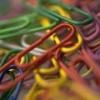
Insulators and Conductors
Source Institutions
In this activity, learners explore the concept of conducting or insulating electricity.
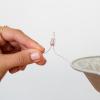
Charge and Carry
Source Institutions
In this activity about electricity, learners produce a spark that they can feel, see, and hear. Learners rub a Styrofoam plate with wool to give it an electric charge.
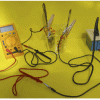
Cake by Conduction
Source Institutions
In this demonstration, cook a cake using the heat produced when the cake batter conducts an electric current.
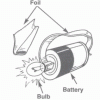
Bright Lights
Source Institutions
In this activity about electricity, learners imagine that they are out in the wilderness and it is getting dark. Their task is to use the materials supplied to build a simple flashlight.

Cable Car
Source Institutions
In this activity, learners string a line across the room and build cable cars that can move from on end to the other.
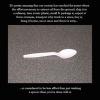
Static Spoons
Source Institutions
In this physics activity (page 6 of the PDF), learners will explore how static electricity affects surrounding objects.
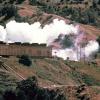
Geothermal Power Plant Model
Source Institutions
In this activity, learners make a model of a power plant that uses steam. Learners use simple materials like foil, a tin can, and a pot of water to model a geothermal power plant.
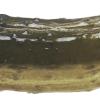
Glowing Pickle
Source Institutions
In this activity, high voltage is applied across a pickle to emit a yellow glow. This activity should only be conducted by skilled adults and is best suited as a demonstration.

Short Circuit
Source Institutions
In this activity about electricity, learners explore what happens when you blow a fuse.
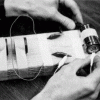
Motor Effect
Source Institutions
In this activity about electricity and magnetism, learners examine what happens when a magnet exerts a force on a current-carrying wire.
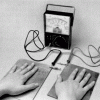
Hand Battery
Source Institutions
In this activity about chemistry and electricity, learners form a battery by placing their hands onto plates of different metals.

Static Electricity
Source Institutions
In this activity, learners will explore ways static electricity interacts with the surroundings of an object. The activity has step-by-step instructions in English and Navajo.
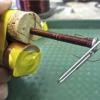
Electromagnet
Source Institutions
In this activity, learners build an electromagnet using a nail, a cork, a battery, and electrical wire. Use this activity to demonstrate how electric currents produce magnet fields.
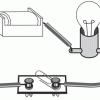
Control the Flow
Source Institutions
In this activity about electricity, learners build and test a paper clip switch to turn on a light bulb.
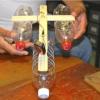
Speedboat
Source Institutions
In this activity, learners build a speedboat using paint paddles, a propeller, and film canister. Learners attach a simple circuit and motor to the boat to power the propellers.
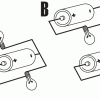
Fork in the Road
Source Institutions
In this activity about electricity, learners identify parallel and series circuits. First, learners examine and label diagrams of complete circuits.
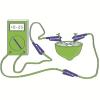
Make Your Own Batteries!
Source Institutions
This activity (on page 3 of the PDF under GPS: Body Electricity Activity) is a full inquiry investigation into conductivity.
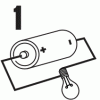
Circuit Sense
Source Institutions
In this activity about electricity, learners identify closed and open circuits. First, learners examine and label diagrams of open and closed circuits.
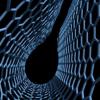
The Power of Graphene
Source Institutions
This lesson focuses on graphene and its electrical properties and applications.
